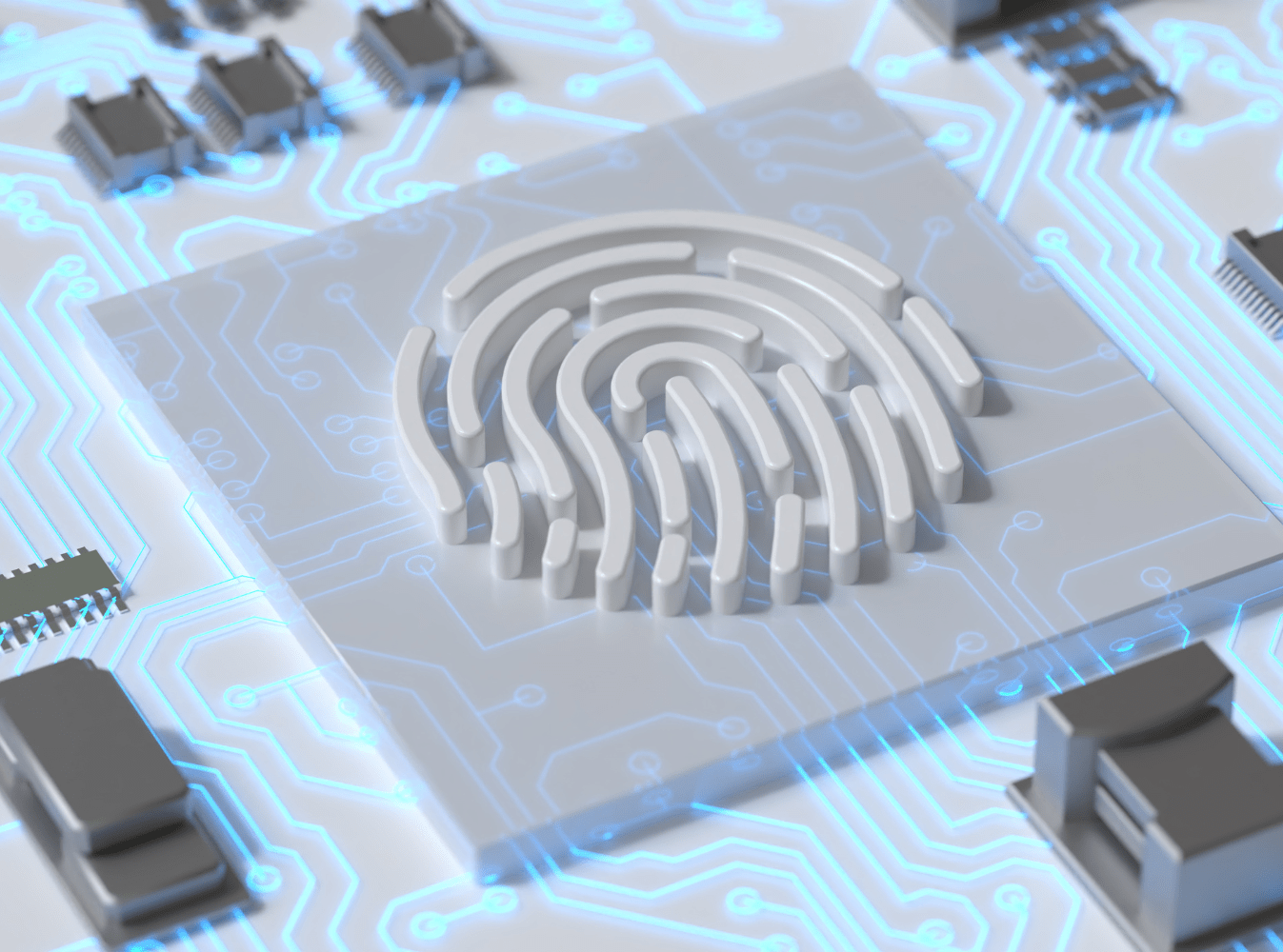Your personal information should always be secure, and in today’s digital age with the rise of data breaches, safeguarding your data has never been more essential. Companies must take every possible precaution to protect your personal information. If they fail to do so, customers may have the right to seek damages for any harm they have suffered. This article will cover everything you need to know about data breaches, including how they occur, the rights you have as a customer, steps to take after a breach, and learning more about the HealthEquity data breach.
HealthEquity Data Breach
HealthEquity Inc. is a financial technology and business company that provides services relating to health savings accounts and other consumer-directed benefits. On June 26, 2024, they discovered a data breach containing personal information from over 4 million of their customers.
This breach occurred after detecting unusual behavior resulting from a hacker gaining access to personal information stored in their data repository. Some of the data includes names, phone numbers, employee ID, social security numbers, employer, dependent information, and payment card information. All those affected should have received a notice of data breach directly from HealthEquity which includes further details and the resources they are providing.
What is a Data Breach
A data breach involves a security incident that provides unauthorized users with access to personal information. The cause of over 80% of data breaches is due to human error, as found in a 2020 study. One data breach may affect thousands to millions of individuals, with some common consequences of data breaches being identity theft, credit card fraud, and tax fraud.
How does a Data Breach Occur?
Data breaches can happen for various reasons. The most common reason is human error, mistakes made by people that can lead to unintended outcomes. The errors can occur due to lack of knowledge, oversight, fatigue, or inadequate training. Some types of human error that lead to data breaches include:
- Phishing: Employees clicking on malicious links or providing sensitive information in response to fraudulent emails.
- Weak Passwords: Using easily guessable passwords or reusing passwords across multiple accounts.
- Loss or Theft of Devices: Losing laptops, phones, or other devices that contain sensitive information, or having them stolen.
- Accidental Sharing: Sending sensitive information to the wrong recipients or sharing data with unauthorized individuals.
Additional reasons data breaches may occur:
- Cyberattacks: Hackers use techniques like phishing, malware, or ransomware to infiltrate systems and steal data.
- Insider Threats: Employees that have access to sensitive data misuse their access, either intentionally or accidentally.
- Physical Theft: Devices such as laptops, USB drives, or paper records are stolen.
- Software Vulnerabilities: Exploiting weaknesses in software to gain unauthorized access to data.
What Are My Rights if My Data Has Been Breached?
State and federal laws exist to protect your information and mitigate potential damage. First, companies must notify affected individuals about the breach. Details must be made available, including the types of data exposed and the breach’s circumstances. While it is not a requirement by law, companies often offer free credit monitoring and identity theft protection services to help mitigate potential harm. Additionally, you have the right to receive copies of the personal data that the organization holds about you and to request they delete your data from their databases.
If you suffer financial losses due to a data breach, you may have the right to file lawsuits against companies for failing to protect their data adequately and get the compensation you deserve. Compensation depends on the losses you suffer and how much information the breach reveals.
Fair Credit Reporting Act (FCRA)
The FCRA protects consumer information collected by Credit Reporting Agencies, ensuring you get accurate and fair consumer reporting. This law requires agencies to provide only accurate information on consumer reports, which can include consumer data such as credit history, employment records, and judicial records. In the event of a data breach, companies must take steps to correct any inaccuracies that may result from unauthorized access to their data, and they must promptly notify customers of a breach. Under the FCRA, you have the right to dispute any inaccurate or fraudulent information on your credit reports resulting from the breach. In addition, this law imposes penalties on organizations that fail to comply with its requirements. In the case of a breach, companies might face liability for not securing consumer information adequately.
Steps to Take if Your Data has been Breached
If a data breach compromises your information, it is essential to act quickly to mitigate potential damages, here are the steps you should take:
- Confirm the breach by checking notifications from the organization involved.
- Monitor your accounts by checking bank and credit card statements for any unauthorized transactions.
- Change passwords for all affected accounts – use a strong and unique password for each account.
- Place fraud alerts to make it harder for identity thieves to open accounts in your name.
- Hire a data breach attorney to take legal action and get the compensation you deserve
Contact Us
Keeping your personal information safe is essential, and navigating your legal rights may require guidance. If you have been involved in the HealthEquity breach or any other data breach, contact our experienced data breach attorneys to assist you in getting fair compensation. Maginnis Howard has three offices with locations in Charlotte, Raleigh, and Fayetteville. To reach an intake specialist, visit our contact page or submit an inquiry through our Live Chat feature. You may also call us at (919) 526-0450. We accept clients across the Carolinas.






